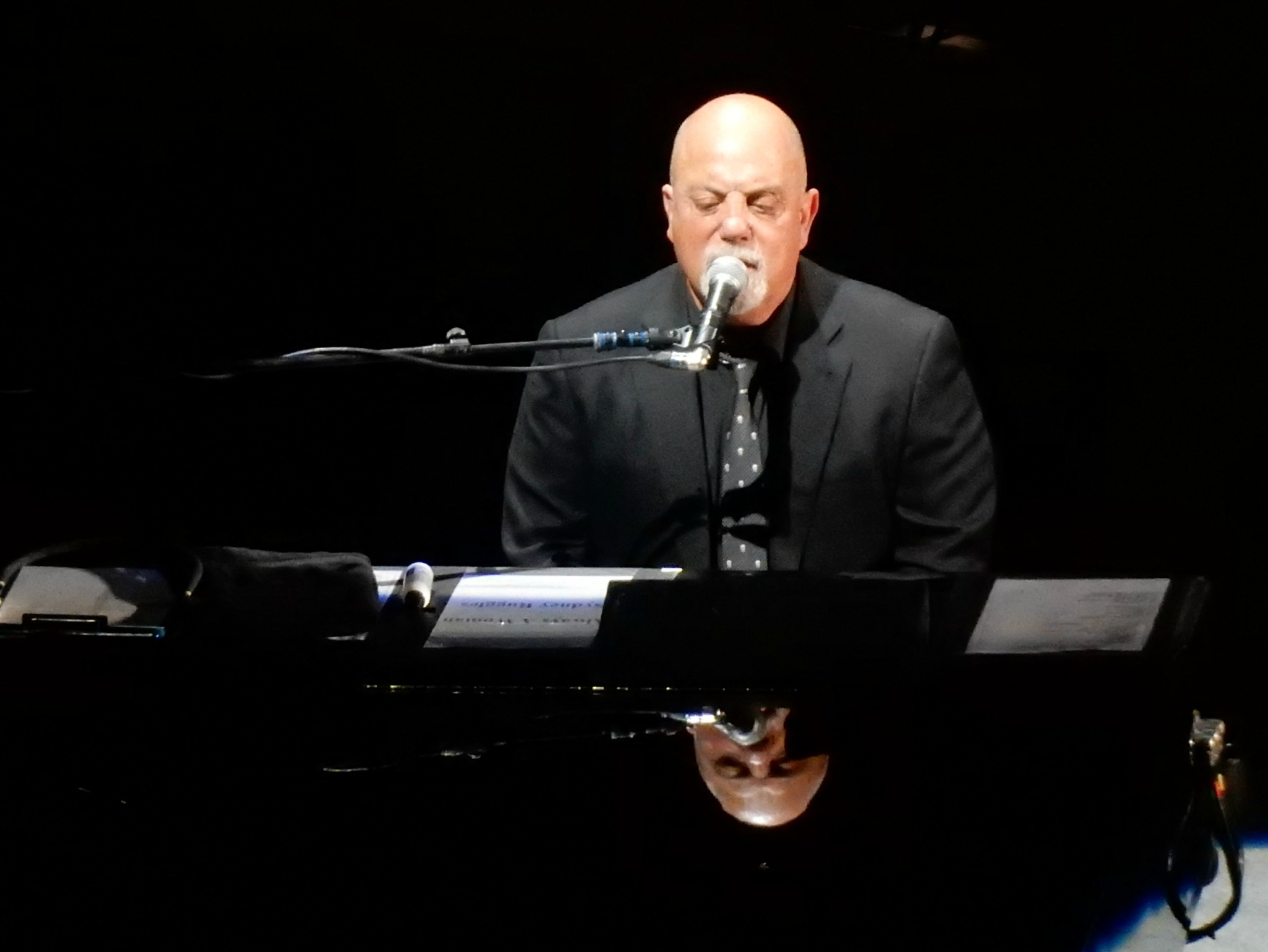As rock’s founding fathers step away from the spotlight, David Coverdale’s retirement announcement marks the end of an era that shaped arena rock’s DNA. The Whitesnake frontman’s 50-year journey from Deep Purple’s thunderous stages to MTV’s neon-soaked videos represents more than just one man’s career—it’s the closing of rock’s most mythologized epoch.
The Voice Behind Rock’s Golden Age
Health concerns finally silence one of hard rock’s most distinctive voices.
Coverdale made it official on November 13, 2025, declaring in a heartfelt video message that “it’s time really for me to hang up my rock ‘n’ roll platform shoes and my skintight jeans… it’s time for me to call it a day.” At 74, the singer cited mounting health issues—including serious respiratory infections that forced Whitesnake off the road after their final performance at France’s Hellfest in June 2022.
You can hear the weight of five decades in his words. This isn’t just another tour cancellation or temporary hiatus. When someone who defined the soundtrack of Reagan-era excess finally admits the party’s over, it resonates deeper than album sales or streaming numbers.
More Than Hair Metal’s Pretty Face
From Deep Purple’s thunder to Whitesnake’s platinum dominance, Coverdale bridged rock’s most vital eras.
Before the spandex and stadium pyrotechnics, Coverdale cut his teeth replacing Ian Gillan in Deep Purple at just 21, helping craft albums like “Burn” and “Stormbringer.” His 1978 leap into Whitesnake transformed him from respected journeyman into arena rock royalty. The band’s 1987 self-titled album didn’t just go platinum eight times over—it became the template for how rock bands could dominate both radio and MTV simultaneously.
His recent focus on archival projects and deluxe reissues shows an artist concerned with legacy over longevity. Even discussions about unreleased Coverdale-Page material with Jimmy Page suggest unfinished business that may never reach completion. The Rock & Roll Hall of Fame induction with Deep Purple in 2016 validated what fans always knew: Coverdale’s voice didn’t just soundtrack the 1980s—it helped define how arena rock could be both bombastic and genuinely emotional.
For fans who’ve followed his trajectory from blues-infused Deep Purple anthems through Whitesnake’s stadium-conquering hits, this retirement represents the final curtain on rock’s most theatrical era. His influence echoes through every power ballad and arena anthem that followed, proving some voices truly are irreplaceable.


























